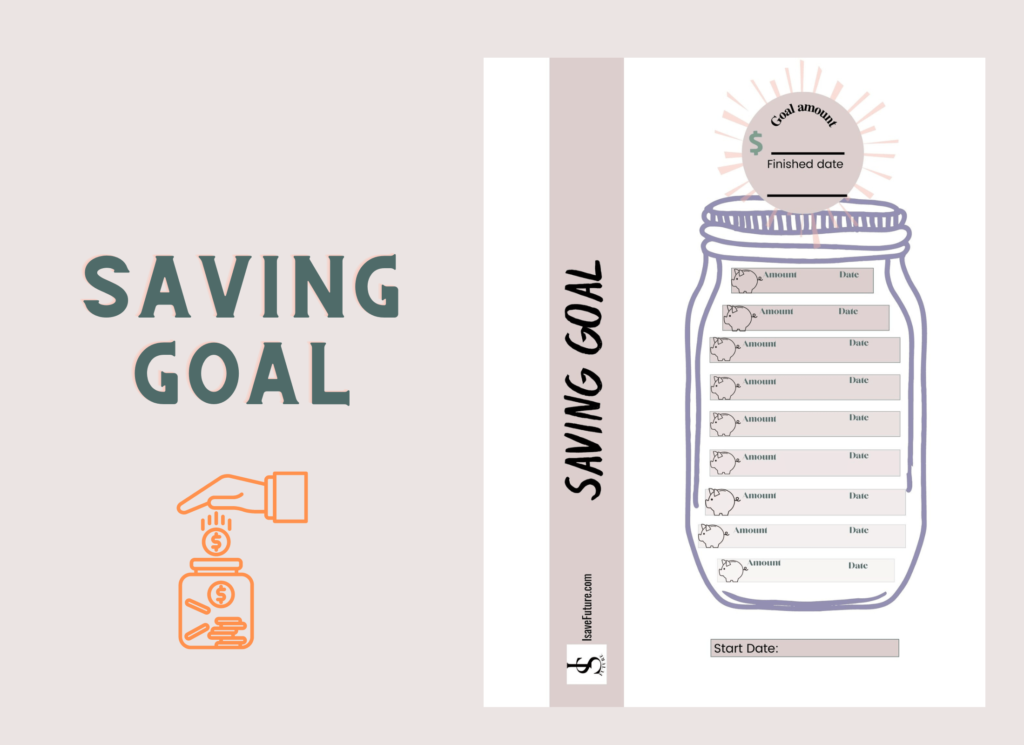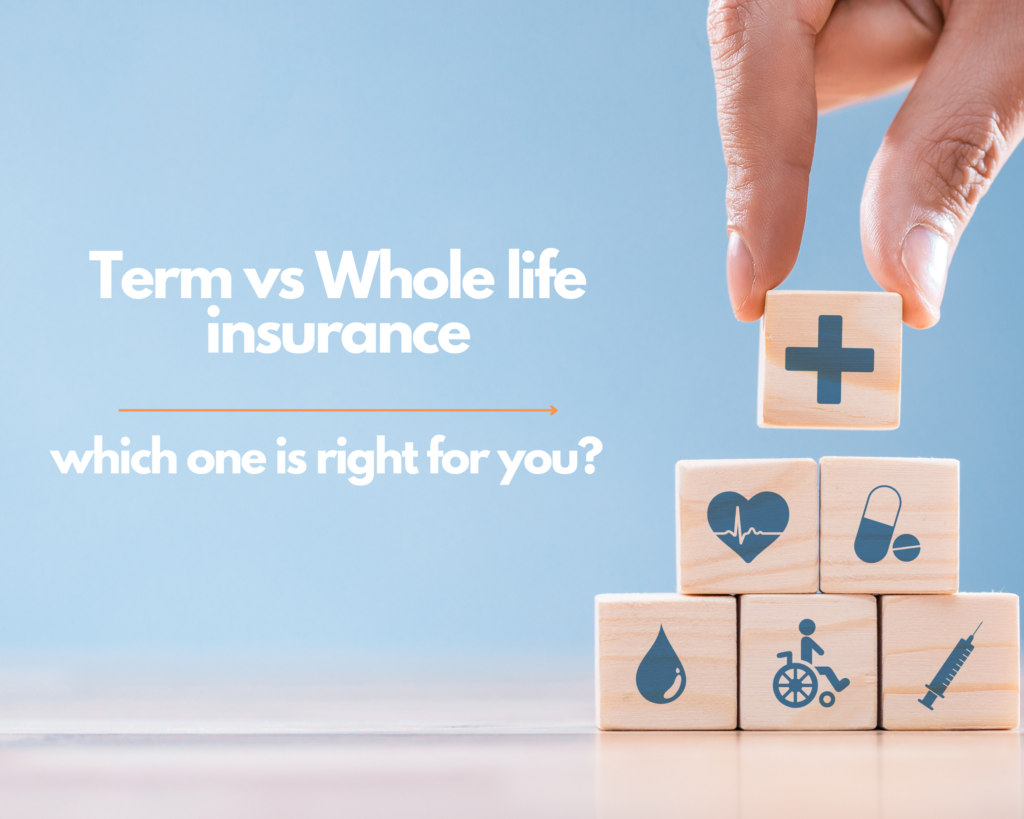
A few days ago, I was listening to a podcast when a young girl called to ask an interesting question. She asked, “I’m only eighteen years old, and I heard that social security benefits wouldn’t be available by the time I retire. Do you think it’s a good idea for me to opt out of Social Security?” This question got me intrigued. As a result, I decided to research the pros and cons, and here is what I found.
What is social security?
We all probably know what social security is, but I will explain it to those who may not know. Social security is an automatic deduction taken from your paycheck. The amount deducted is based on your income. Then, this money is used by the Social Security Administration to cover the benefits of current beneficiaries (retirees, surviving spouses and dependents, and people with disability).
How to get exempt from Social Security taxes?
You must have a valid, legal reason to opt out of Social Security taxes and file a form. Also, you must fall under one of these categories to qualify for the exemption.
- Religious
- Nonresident aliens
- Temporary student
- Foreign government employees
- Income limitation
If you meet any of these requirements, get Form 4029. This is the application for Exemption From Social Security and Medicare Taxes and Waiver of Benefits. Then, you will file the form with the Social Security Administration.
Pros and cons of opting out of social security.
One clear advantage of opting out of Social Security is that you will have more money available every paycheck. This allows you to choose what to do with that portion of your income. If you invest that money in a retirement account, the money will grow significantly by the time you retire.
On the other hand, this exemption has a few significant disadvantages. You will be ineligible to receive any of the benefits Social Security offers. For instance, if you become disabled, you won’t receive Social Security Disability benefits and will not receive any money or Medicare when you retire. Lastly, your family will not receive Social Security Survivors benefits if you die.
How to be covered if you opt-out
If this exemption is something you are considering, you must be prepared to take responsibility for yourself by having the proper insurance and retirement funds. This will ensure you are financially protected during retirement and if you become disabled. Make a retirement plan that includes the following:
- Long-term disability insurance: If you become disabled and have opted out, you will not receive any Supplemental Security benefit.
- Retirement savings because you will not receive Social Security checks during retirement. Open a retirement account such as a Roth IRA and/or a 401K and invest consistently to support yourself during retirement. One advantage of investing in a Roth IRA instead of sending money to Social Security is that mutual funds can beat inflation, while Social Security doesn’t account for inflation. Moreover, there’s no guarantee Social Security will be around when you decide to retire.
- Term life insurance because you will want your family to be cared for if something happens to you. If you have opted out of Social Security while you have dependents and you die, your family will not receive a Social Security check.
In conclusion, before you decide, consider how much it will cost to replace all the Social Security benefits. You must balance the pros and cons because opting out could be wrong if you are unprepared. The key is to be proactive and prepared for potential setbacks like a disability. Also, keep in mind that you have to qualify for the exemption, and you will have to file a form.



